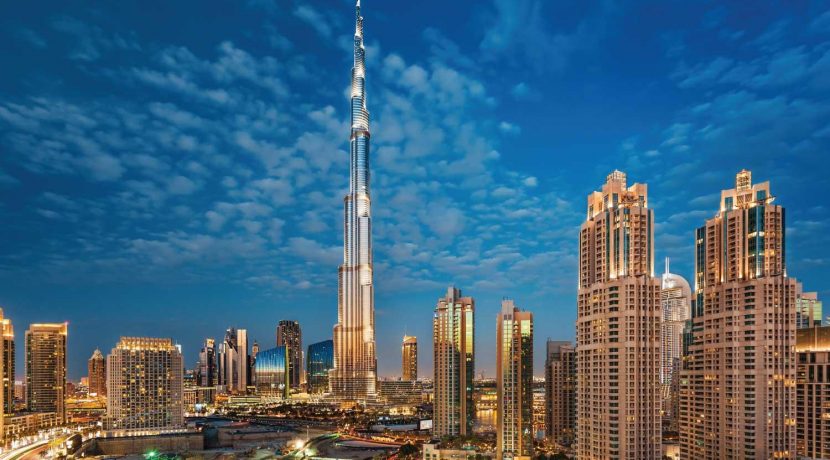The luxury residential market in Dubai will remain resilient in 2020. Expectation derives from existing and prospective local and foreign direct investment (FDI) into the construction and purchase of exclusive luxury homes in the city’s prime residential areas.
I want to explain how the luxury segment of the market remains resilient to price fluctuation, reflecting the global ultra-high net worth segment’s situation in 2019 and desires to both invest in Dubai’s luxury property market or build and design the perfect home to reside in.
With year-round sunshine, income-tax-free living, high quality infrastructure and services and its standing as a regional finance, business and entertainment hub, Dubai has maintained its position as an attractive city to live and work. In addition, a range of drivers have been announced over 2018-19 to further its position as a location to reside and invest, such as ease in company formation and ownership laws, new long term (10-year) visa for investors, entrepreneurs, special skill talent and outstanding students, along with retirement (5-year) and short stay transit visas. These reforms are expected to have long-term positive impacts on business sentiment, tourism volumes, FDI and the talent pool the UAE can attract and retain.
Although the residential sector as a whole has experienced sustained pressure over the last two years, the luxury residential market has remained resilient. With only 18 per cent of total residential supply, over 2018 and 2019 being villas, this market segment has retained its exclusivity and has not been exposed to market fluctuation and oversupply in the same way as mid-market developments has. I’d also argue that purchasers of luxury-classed property look for quality, customisation and uniqueness more than other market segments, and are happy to pay for these attributes.
Reports for luxury property sales in 2019 have been very positive. According to a recent report by Property finder The Dubai luxury housing market, which includes any property above $2.7 million (Dh10 million), registered 194 transactions in first half of 2019, up from 115 transactions for the same period last year. Palm Jumeirah accounted for the highest volume of luxury home sales at 55, with villas on the Frond accounting for 24 of these. Gulf Sotheby’s International Realty announced $218 million in sales for its luxury properties from Q1 to Q3 this year. The realty firm said the figure was 15 per cent higher compared to the same period in 2018. We have villas in key destinations across Dubai, namely the Palm Jumeirah, Emirates Hills and Dubai Hills, these locations have historically been home to some of the most expensive properties on the market and we expect this to remain the case through 2020.
From an investment perspective Dubai FDI Monitor, the investment development agency of the Dubai economy, said the Emirate attracted 257 FDI projects worth $12.1bn in the first six months of 2019. Knight Frank’s Wealth Report also tells us that across the 10 cities surveyed, Dubai luxury properties are the most affordable.
At Estilo we have a thorough understanding of what ultra-high net worth individuals are looking for in a property. Since we offer a turnkey solution from architecture, interiors and landscaping to construction services, we’re able to both work with clients to achieve their own vison while advising on what is and isn’t attractive and marketable as well as providing a selection of stunning finished properties to those who’d rather purchase a ready-to-move-into property.
We have a solid track-record of delivering world-class, high-end homes in some of Dubai’s prime residential areas as well as the experience of developing in key global locations, across which we will be opening offices in 2020. From experience in the luxury space all our 2019 properties have a minimum of five bedrooms with standard inclusions of two dining and two living areas, two kitchens, double garage, home office and of course a pool. We’ve seen an increase in requests of sustainable living which we have incorporated into the materials we use and design to optimise protection from the weather.
Dubai has taken a number of steps in 2019 to further improve its standing with countries around the globe, which should lead to increased FDI into this economy in 2020. In addition, the final build up to Expo 2020 Dubai, and the event itself, are also expected to have a pronounced effect on the economy, which will in turn have a positive, knock-on effect on the real estate sector. According to a study conducted by consultancy EY, Expo 2020 is expected to add $33.4 billion to the UAE’s economy between 2013 and 2031.
All rights reserved to the initial publisher for Khaleej Times.
Collected and published by Arms &McGregor International Realty editorial team.

